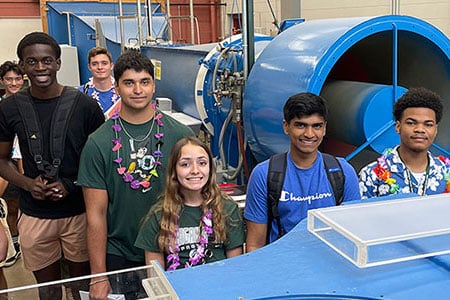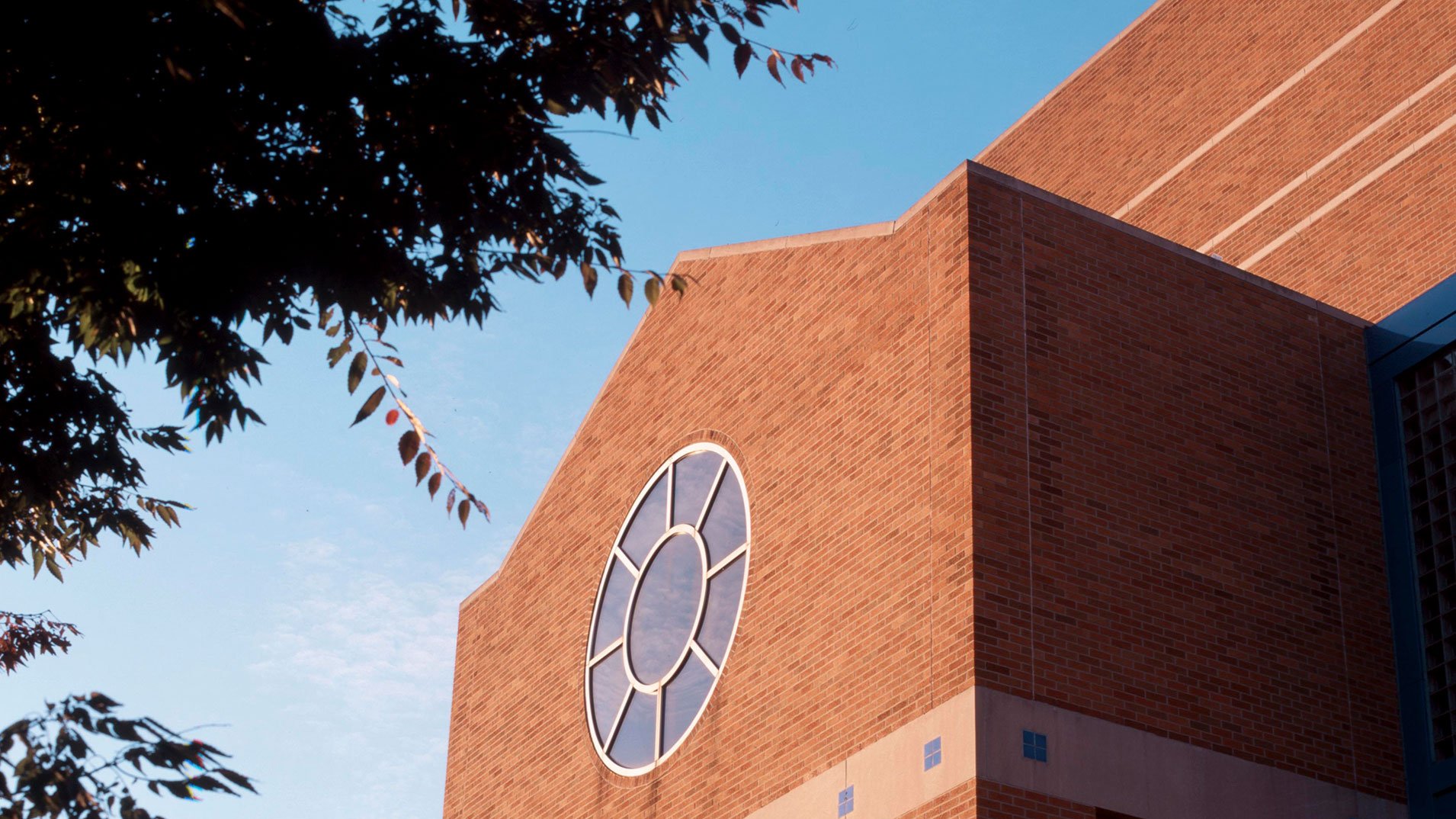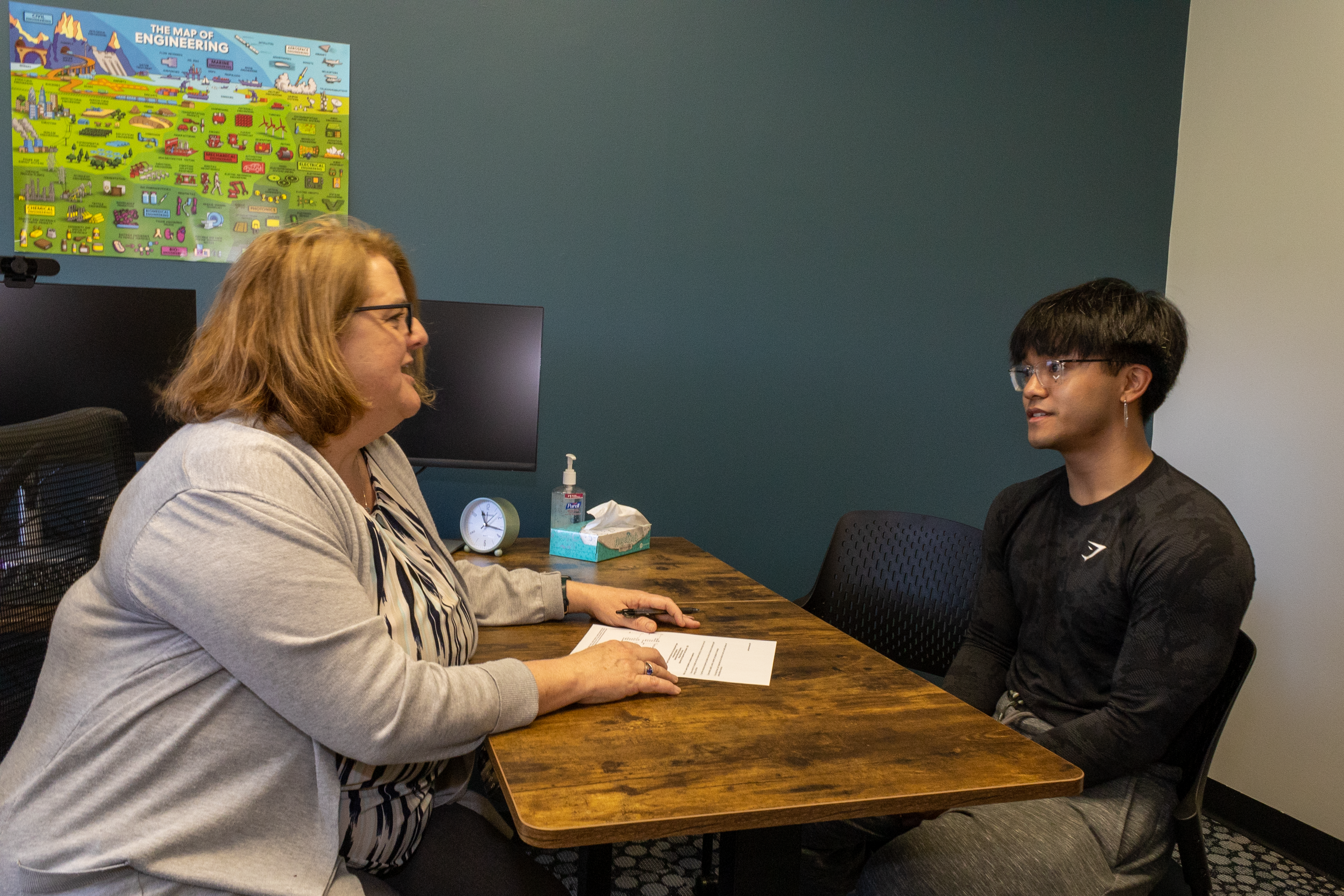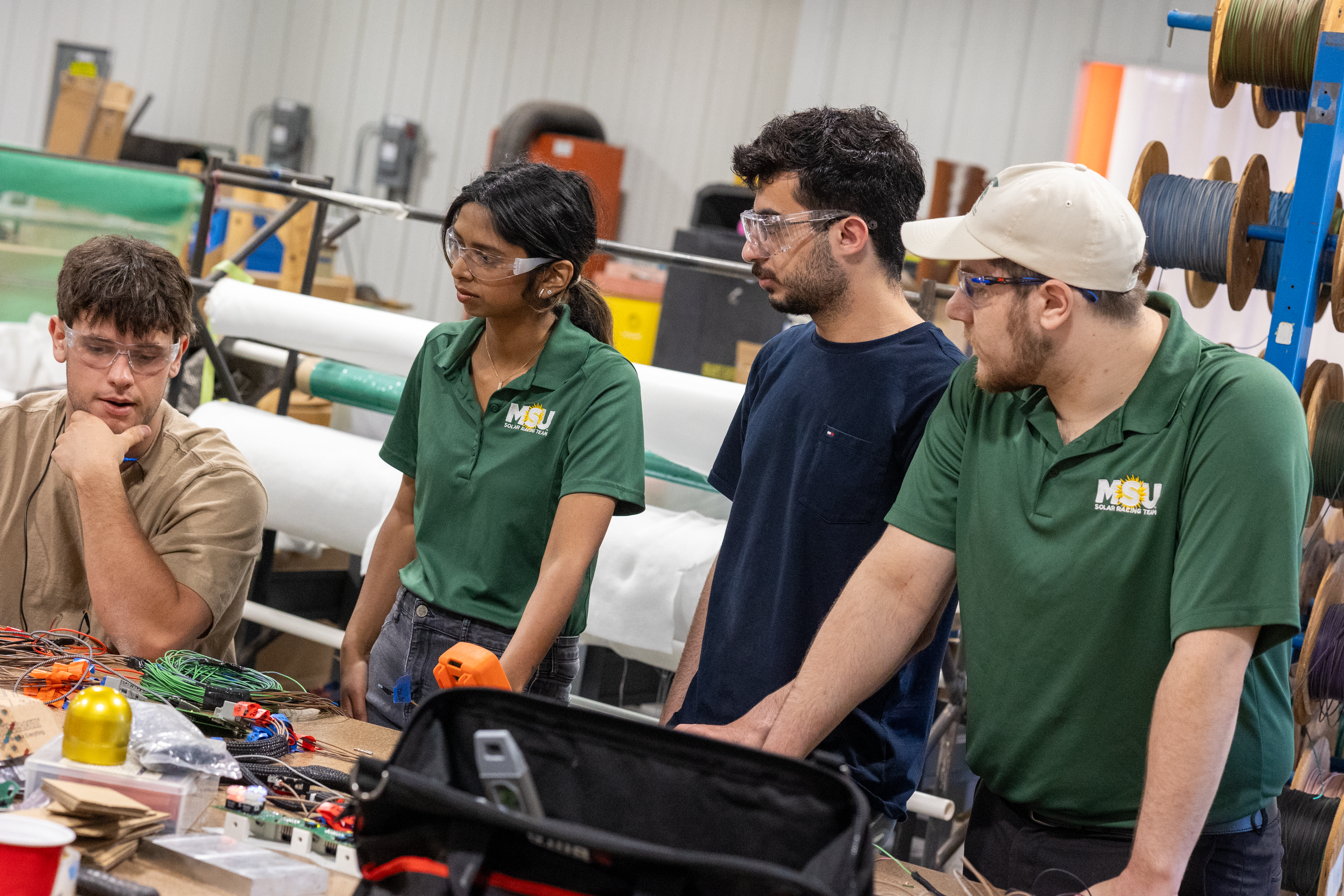Michigan State University’s Guoming "George" Zhu has spent a career improving the energy and emissions efficiencies of the internal combustion engine (ICE). The professor of mechanical engineering continues to advance control strategies so engines can better adapt to multiple fuels and combustion modes.
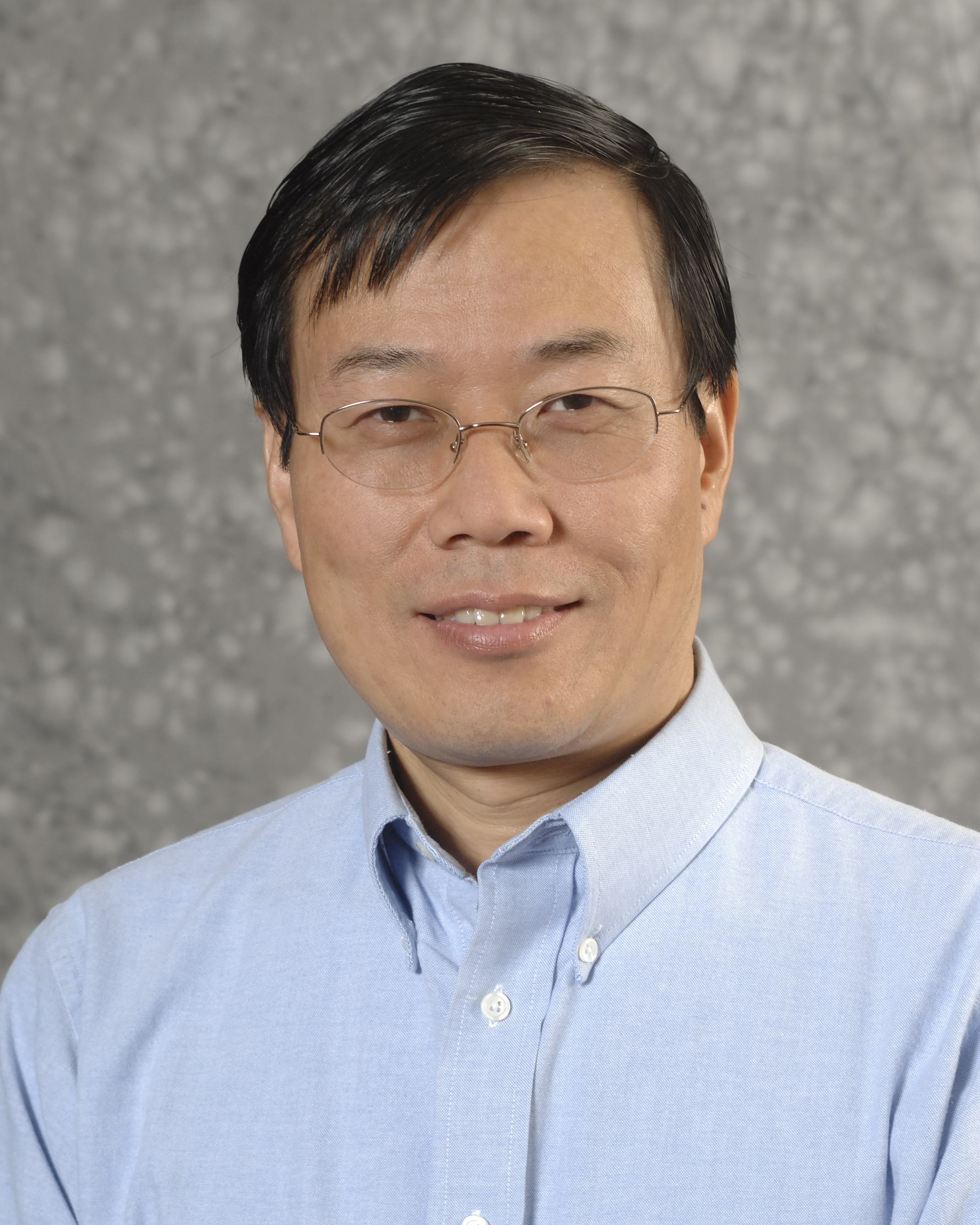
“If we can improve the efficiencies of gas and diesel engines, we believe we can reduce emissions and strengthen their quality and importance,” Zhu said.
He works in MSU’s Energy and Automotive Research Lab (EARL), located in the Engineering Research Center on the south side of MSU’s campus. His research is aided by the G. Glenn and Marlene D. Gardner Endowed Chair in Automotive Engineering. His five-year appointment began in 2021.
Zhu uses model-based control techniques to accurately control engine fuel injection timing and mass, mixture temperature and composition, and the operation of the intake and exhaust valves.
“We try to increase engine power density by boosting the engine,” he explained.
Zhu’s research team developed an applied engine knock management system that improved engine efficiency by a few percent using spark plug ionization and machine-learning methods.
“Production engines usually operate around 42 percent efficiency by converting fuel energy into mechanical. With the Jetfire technology research conducted at the MSU Energy and Automotive Research Lab, the combustion efficiency was improved up to 48 percent.”
Zhu said future engine research will include more autonomous vehicles.
“We’ll be co-existing for a time with internal combustion, electric vehicles, and hybrids. We can develop strategies that will reduce development time and cost. The auto industry is moving in that direction.”
Zhu is particularly proud of two contributions through the years.
The first was with a Department of Energy sponsored project that created a hybrid combustion mode.
“We were able to start with a spark ignition (SI) and end with a compression ignition (CI). The engine mode moved from SI to CI mode in around half a second at 1,500 revolutions per minute, and vice versa. We were amazed with the result since existing results takes a few seconds.”
The other is a work in progress. Zhu is collaborating with the Department of Education to write a mechatronics textbook that will be free to students and help reduce textbook costs.
“I developed a mechatronics class for mechanical engineering students in 2019 with hardware for a tiny model segway for students to experiment on. Students enjoy the project and use multiple skills on electronics and mechanical systems. The feedback from students is that they are finding jobs on this class competence.
“If we can do things like this for students, I think it’s important and we should. I’m very proud of the teaching side of my MSU years,” he added.
About endowed funds
Endowed professorships and chair positions are among the highest levels of faculty distinction. Endowed funds can provide support to faculty, students, and specific programs. They also help MSU build a base of highly regarded faculty who are considered leaders in research and teaching. Zhu and Siva Nadimpalli, another G. Glenn & Marlene D. Gardner scholar, are examples of how endowed funds help build excellence at MSU.
To learn more about endowment support, contact the College of Engineering Advancement Office at GIVE.
Written by Patricia Mroczek
College of Engineering Media and Public Relations page
